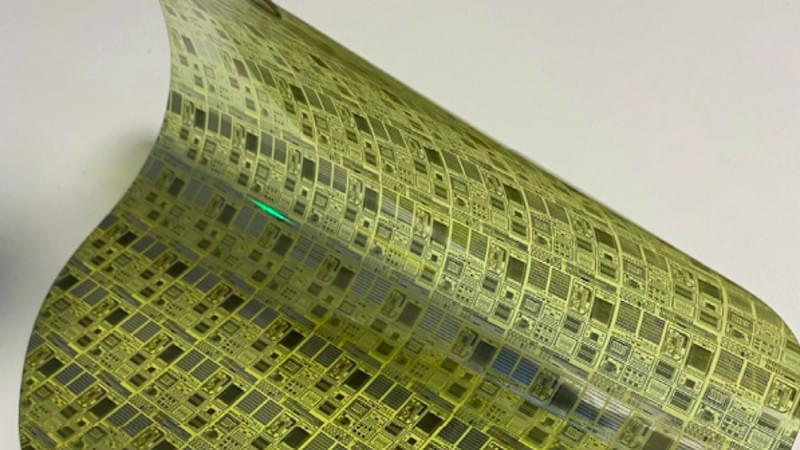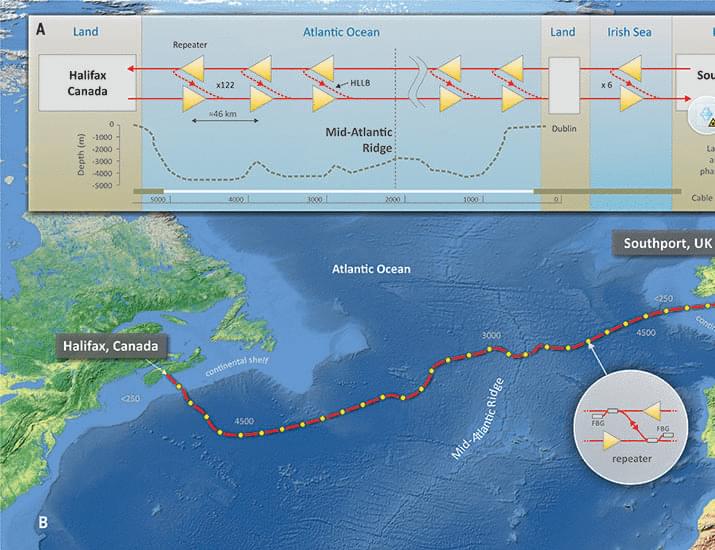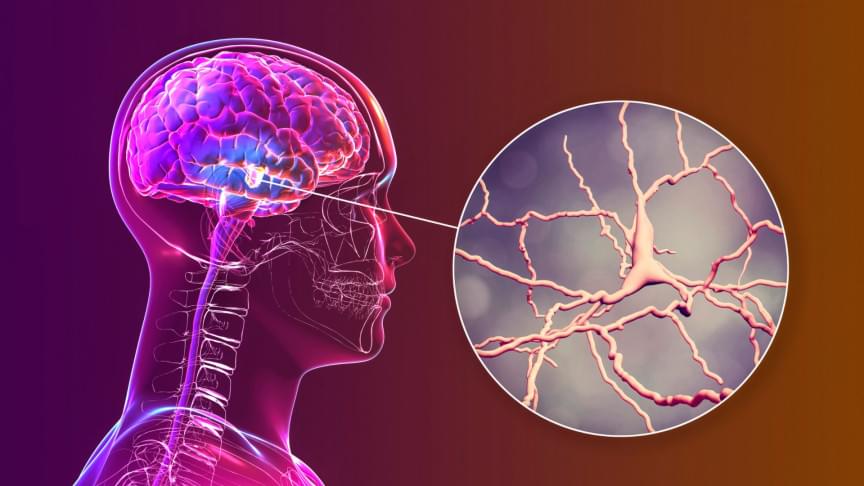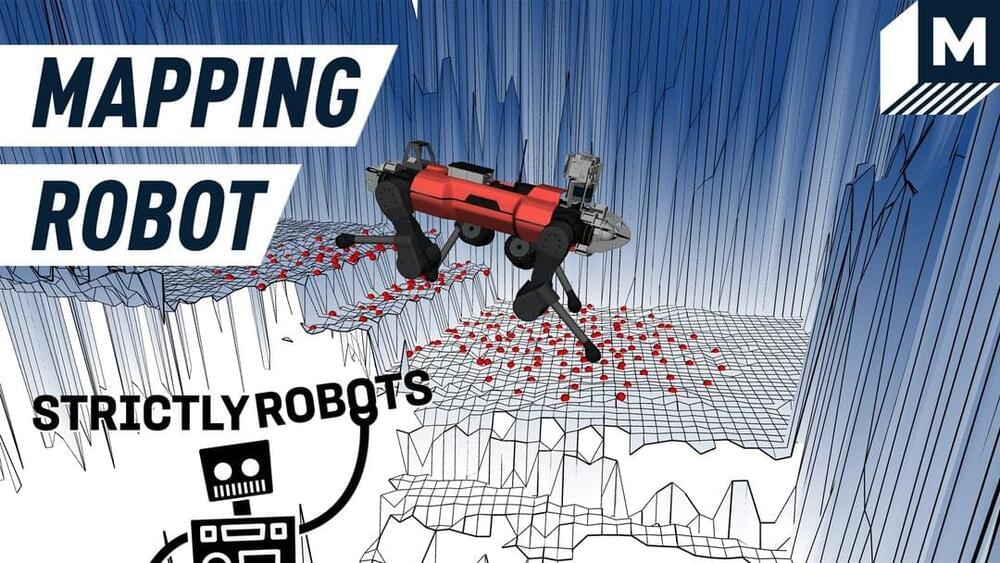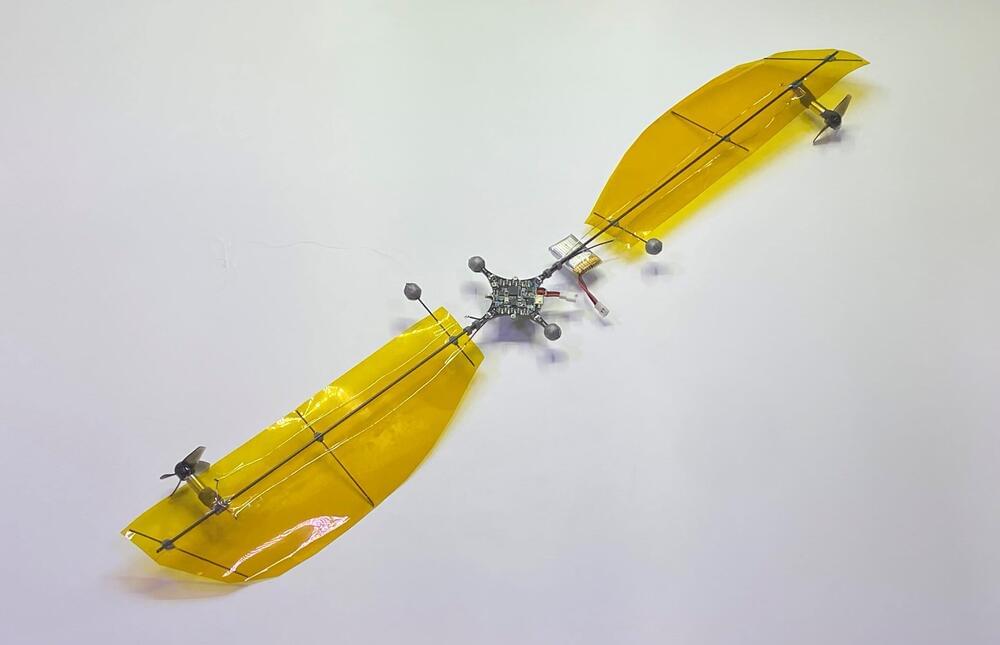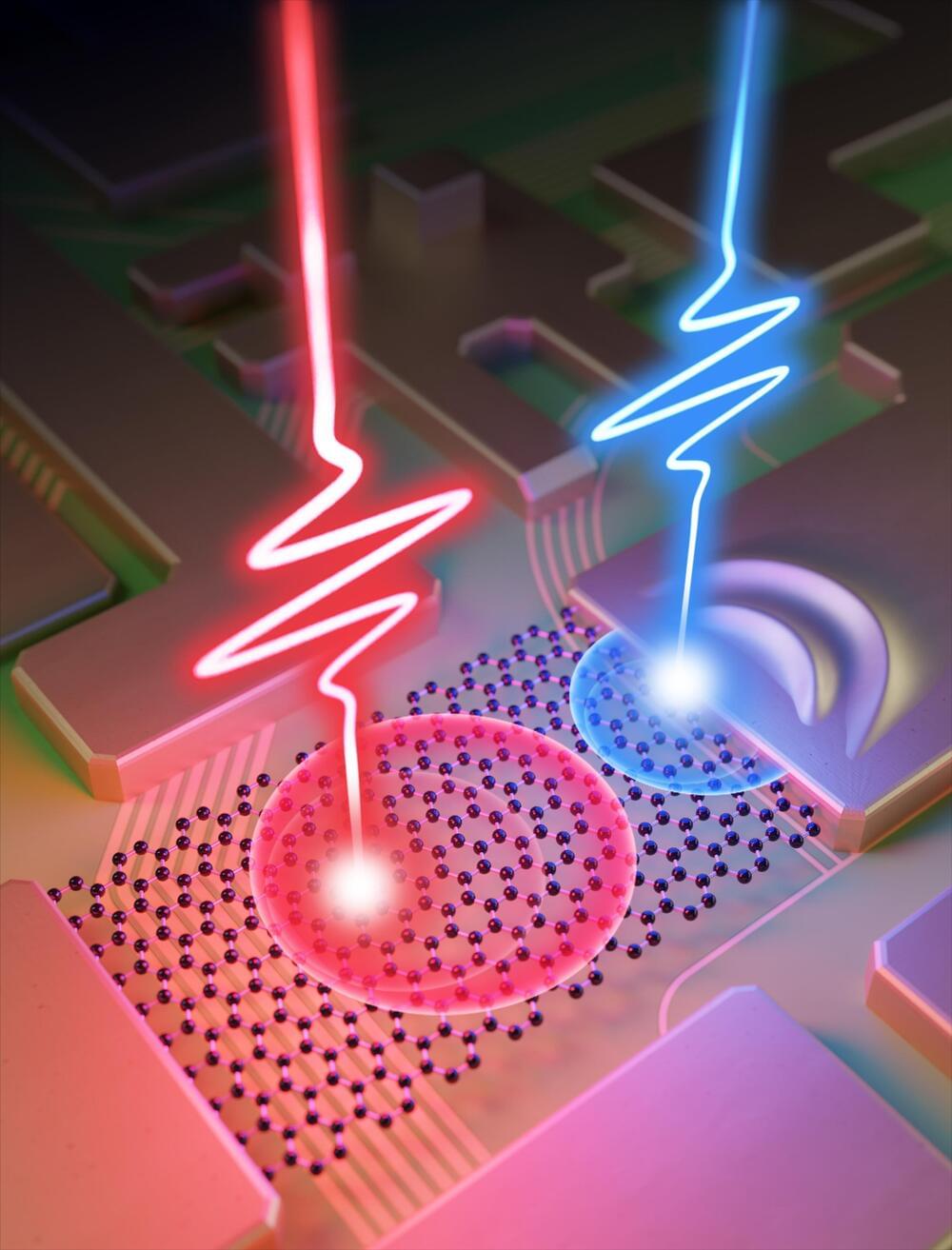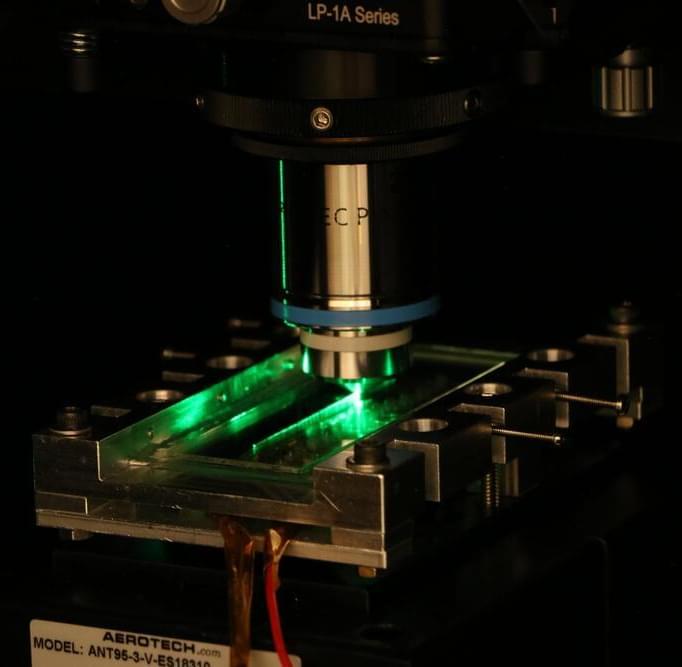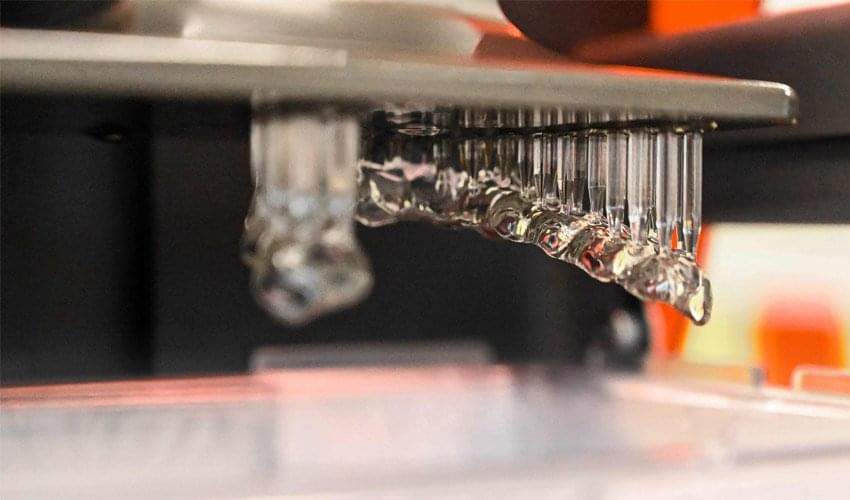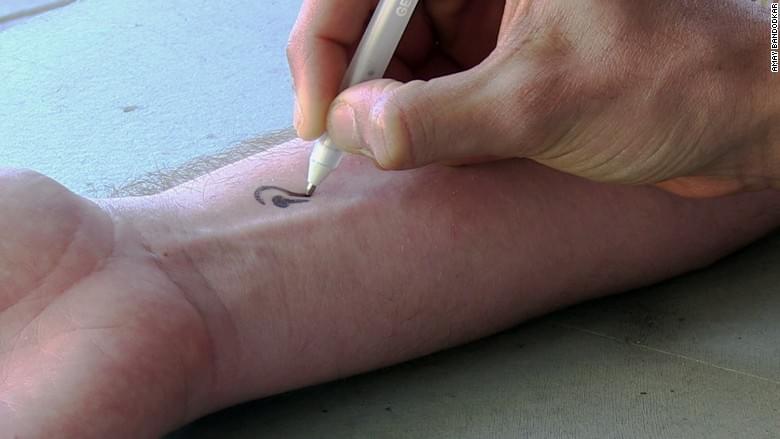Jun 1, 2022
Instagram puts Amber Alerts in your feed to help find abducted children
Posted by Genevieve Klien in categories: electronics, law enforcement
Amber Alerts are an important tool in helping locate abducted children. They’re authorized by law enforcement and broadcast via TVs, text messages, and other means. Now, Instagram will also push Amber Alerts into users’ feeds with the feature rolling out in the US today and set to be available in 25 total countries “in the next couple of weeks.” It shows how apps like Instagram have become basic communication infrastructure in the modern world.
Adding Amber Alerts to Instagram makes sense for a few reasons. First, younger generations may well ignore text messages but scroll through Instagram with some regularity. Second, while text alerts require people to click a link to get more information and photos of the missing child, Instagram’s alerts will include this info directly. It doesn’t seem the alerts will be issued as notifications — they’ll just appear in users’ regular feeds.

